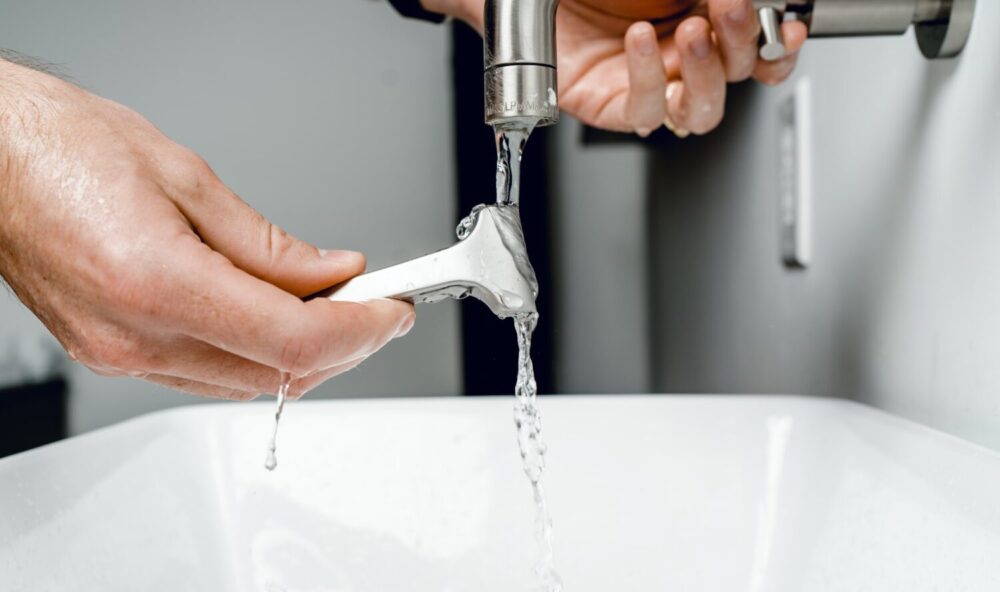
Most homeowners rarely pay attention to the plumbing system in their homes until something goes wrong. It’s until you see faulty kitchen pipes flood your house or small leaks you’ll call a plumber.
Not all plumbers are proficient in their job. That is why you should go with someone who is licensed. This way you know that the job is going to be well done. As most of the plumbing system is hidden, you might not know where the problem lies. Since many homes’ plumbing systems are hidden, you might know what’s wrong until it’s too late.
However, there are a few signs that you could look for to spot a problem in your plumbing job at home. Here is how can spot if there is a problem in your plumbing job
1. Loose-fitting Joints
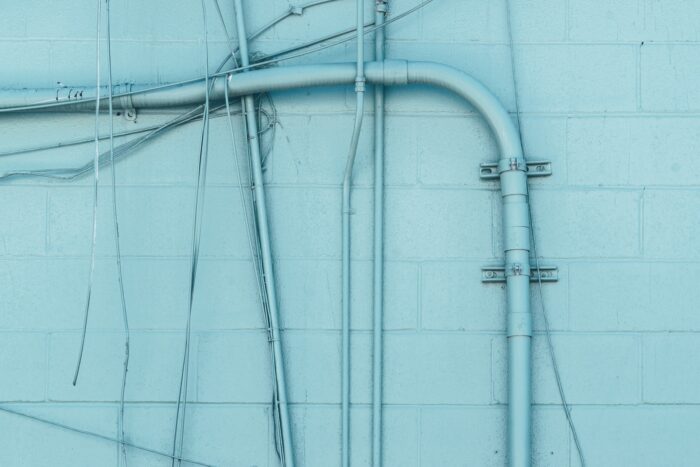
One of the red flags of lousy plumbing at home is loose-fitting joints. A good plumber understands that the plumbing joints ought to be stable and fit.
Usually, loose-fitted joints will result in leaks and costly repairs in the future. In other cases, many loose joint connectors on your plumbing system are either not tightened well or are faulty.
It’s therefore essential to inspect the work done to ensure you get the same services as indicated on a plumber quote and according to Service.com.au.
2. Wobbly Faucet or Showerheads
If you notice wobbly showerheads, faucets, or drains, it’s a sign of poor plumbing. When you are opening valves or taps, the faucets are shaking to and for, or you notice the pipes are not well mounted on the walls. If you see any of these signs, call a plumber.
For those pipes, you cannot see which might be located in the basement, under the floor, or ceiling, you’ll hear a kind of rattling or shaking of the pipes on the walls, which is also not a good sign if it happens to your plumbing system.
If such an issue is not corrected during the early stages, it could lead to costly repairs and leaks that result in the waste of gallons of water. That will automatically impact your water bills.
3. Excess Caulk
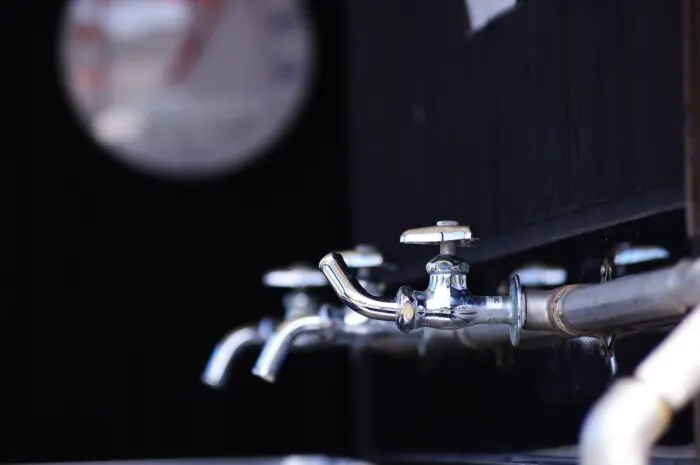
Some homeowners might think that excess caulk around fixtures means a good fixture on their plumbing system. However, that should be a sign of a problem in your plumbing job.
Any caulk more than a hairline means the plumber didn’t take the correct measurements; thus, the extra caulk hides the problem. As time goes by, you’ll also notice a black mould ring around the same fixture. Therefore, be cautious of such a plumbing job to counter such issues that would cost more if not detected.
4. Small Leaks
Small leaks normally go unnoticed. You’ll gradually notice some dark spots that form on the cabinet. Small leaks do not seem like an emergency but can cause more harm than expected. Eventually, you might end up replacing the entire cabinet. Additionally, small leaks near electrical wiring in a house pose a risk of electrical fires that could cause serious damages.
Therefore, be worried about dark areas along the faucets or dark spots on the bottom of a cabinet after a plumbing job. It’s a sign of small leaks.
5. Cheap Fixtures
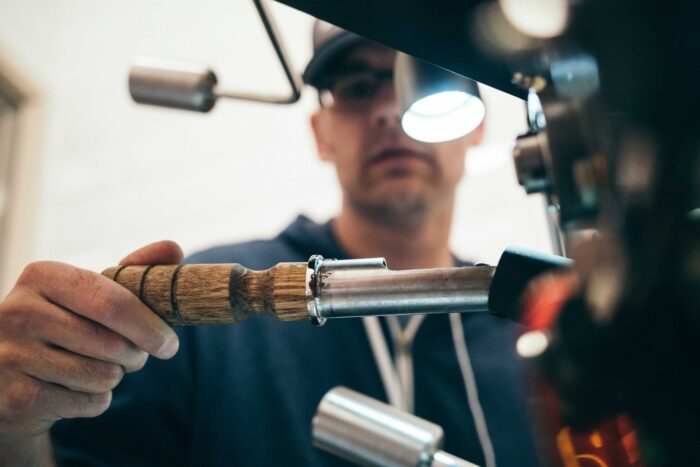
Installation of the cheap plumbing fixtures is definitely a worry. You might save a few bucks upon installation but later on, it will be a problem. They will hardly last long, and you’ll have to hire a professional once again. It also suggests that the plumber might have done the job in a hurry and didn’t focus on solving your problem.
Probably you might be wondering, “How much does a plumber cost?” The average cost of hiring a plumber is between $70 to $90/hour. However, some charge a fixed rate depending on the service provided and costs about $150 to $180. Also, charges vary from state to state.
However, depending on the nature of the repair and plumbing quote, some cheap fixtures might be what you pay for.
Additionally, a licensed plumber advises a client on the best fixtures to install and acquire their supplies for specific professional plumbing houses.
6. No Use of Protective Plates
The right professionals understand the essence of protective plates in a wall to safeguard the pipes. It prevents one from nailing through a pipe. Therefore, a plumber who is not concerned about pipes in the wall is a sign of incompetence, and you might end up with more mess than they were fixing.
Hiring a good plumber who delivers quality services is not easy, specifically when you have not worked with them before.
If you notice small leaks, excess caulk, loose faucets, cheap fixtures, or loose-fitting joints, it’s a sign of a problem in your plumbing system.
To solve this kind of problem, ensure you hire licensed plumbers with a good reputation and experience. You can also get recommendations from colleagues, friends, or family who have used particular plumber or plumbing company services. Lastly, check online reviews of them to see the feedback of previous clients.
How to hire the right plumber?
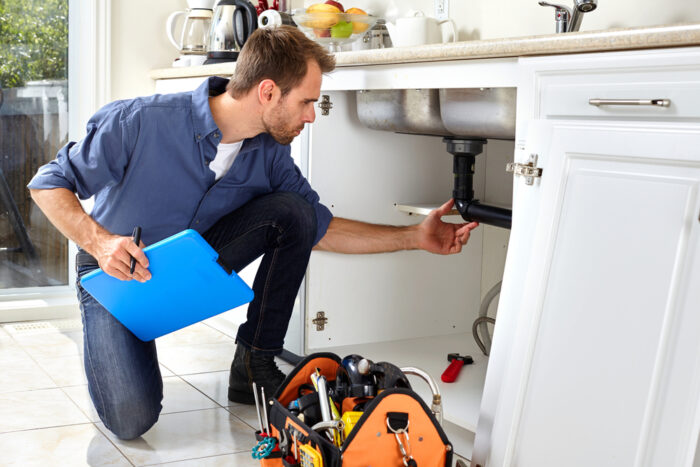
If one has to undertake any plumbing work, a professional plumber should be able to offer a reasonable estimate of the cost based on the work required. Some plumbers also provide free consultations in which they visit a customer’s home and evaluate the property before providing a price. If you want to employ a plumber, you should look at the plumber’s internet reviews. There are several websites, those feature plumbers and focus on real trustworthy tradespeople for various companies.
Plumbing work is one of the most major repairs that must be performed in a home. As a result, if you hire an unqualified plumber to work on whom, the plumber is more likely to aggravate the situation.
You’ll very certainly have to pay additional money to repair the initial problem and then to repair the new harm. This happens very frequently since finding inexpensive plumbing that is also of good quality can be challenging. As a result, you must exercise caution when looking for a plumber. You should strive to evaluate the plumber’s effectiveness in relation to the price that they estimate. The simplest method to prevent low-quality plumbers is to refuse low or very cheap quotes.








